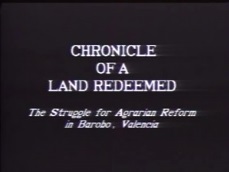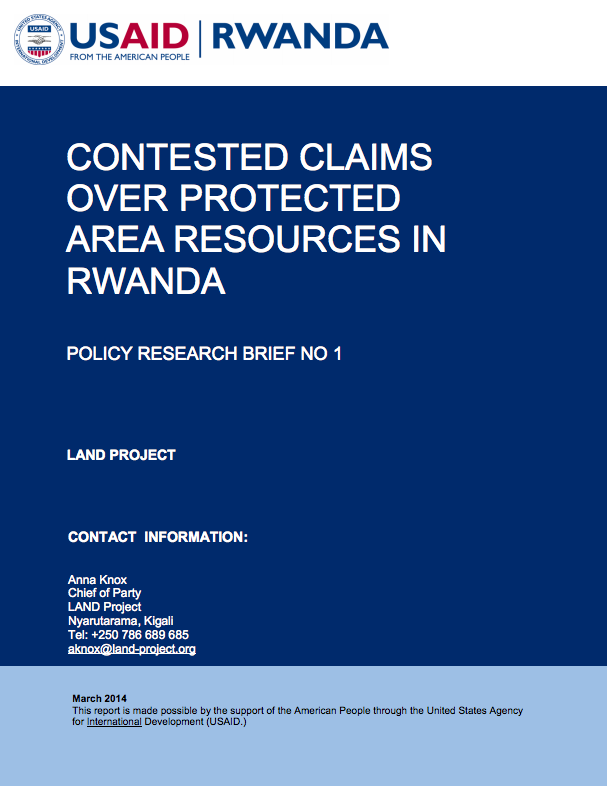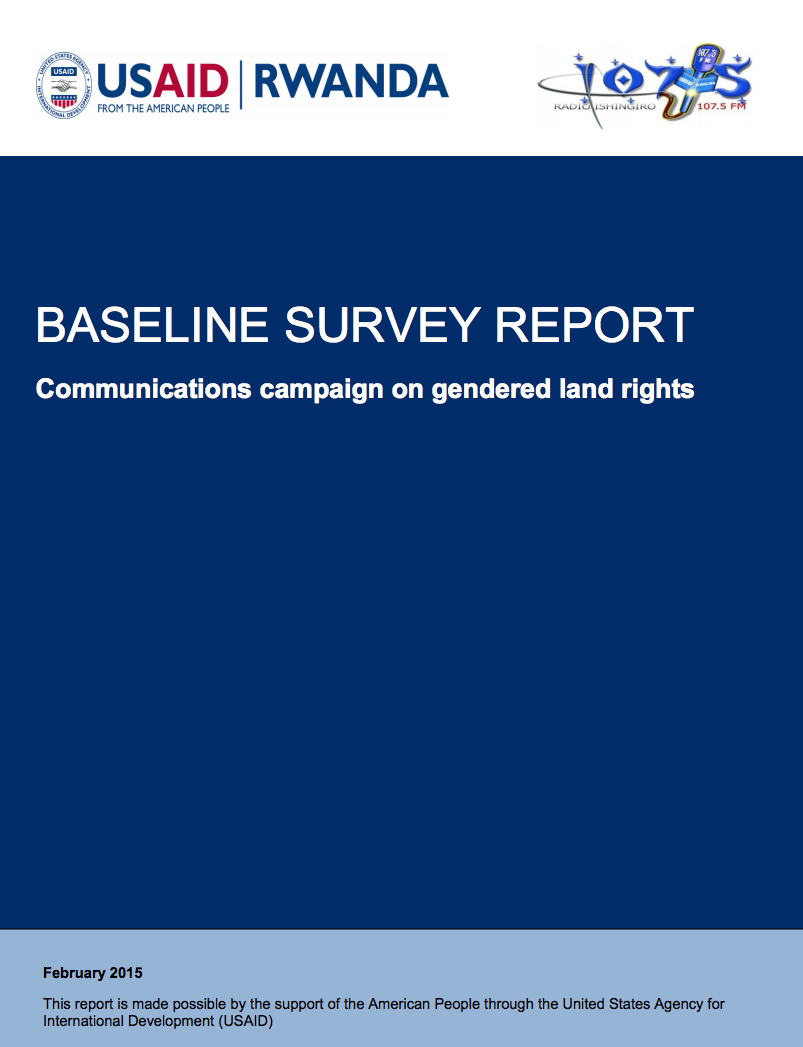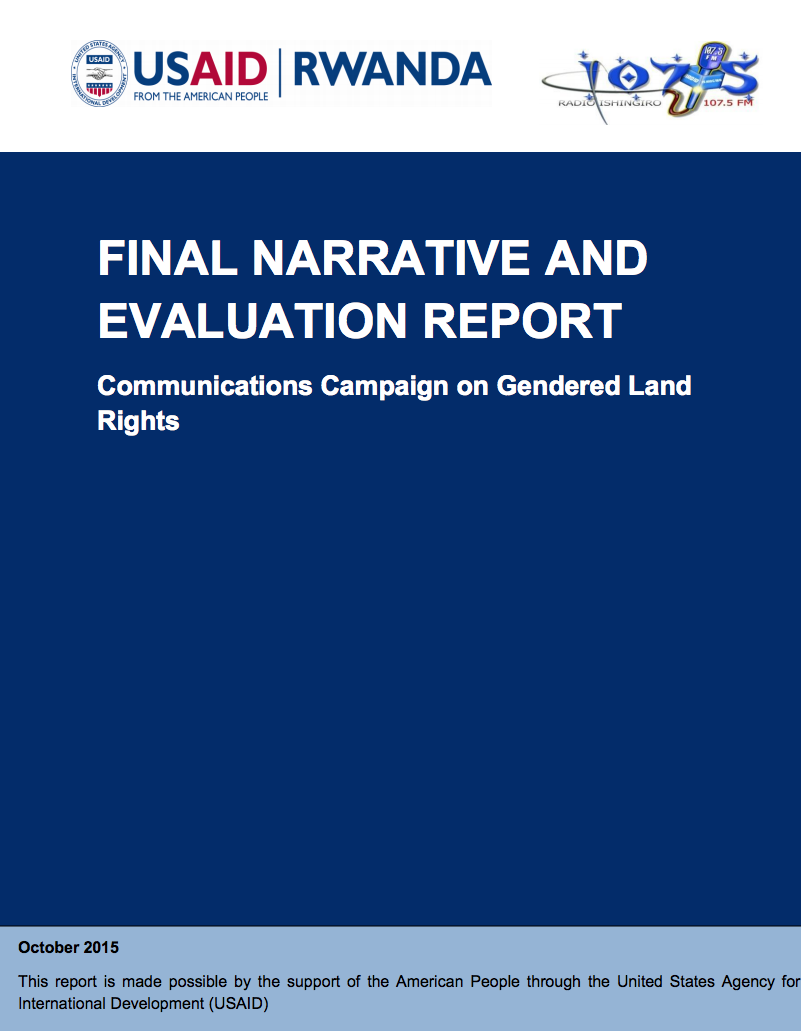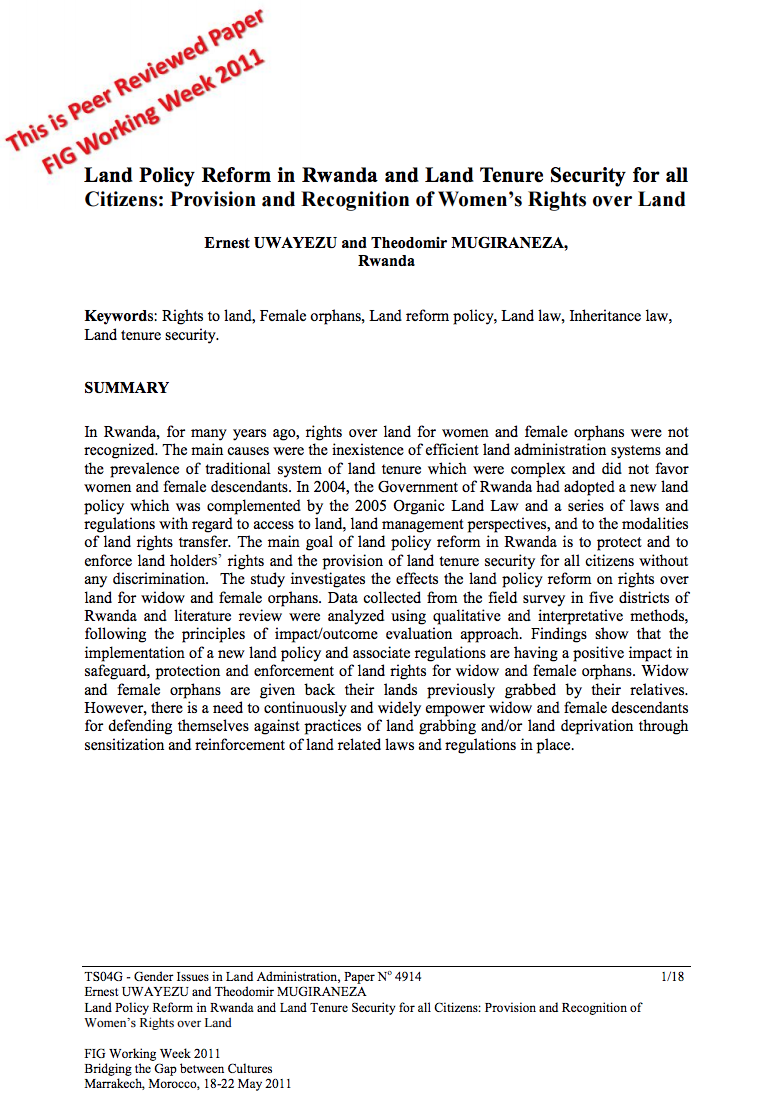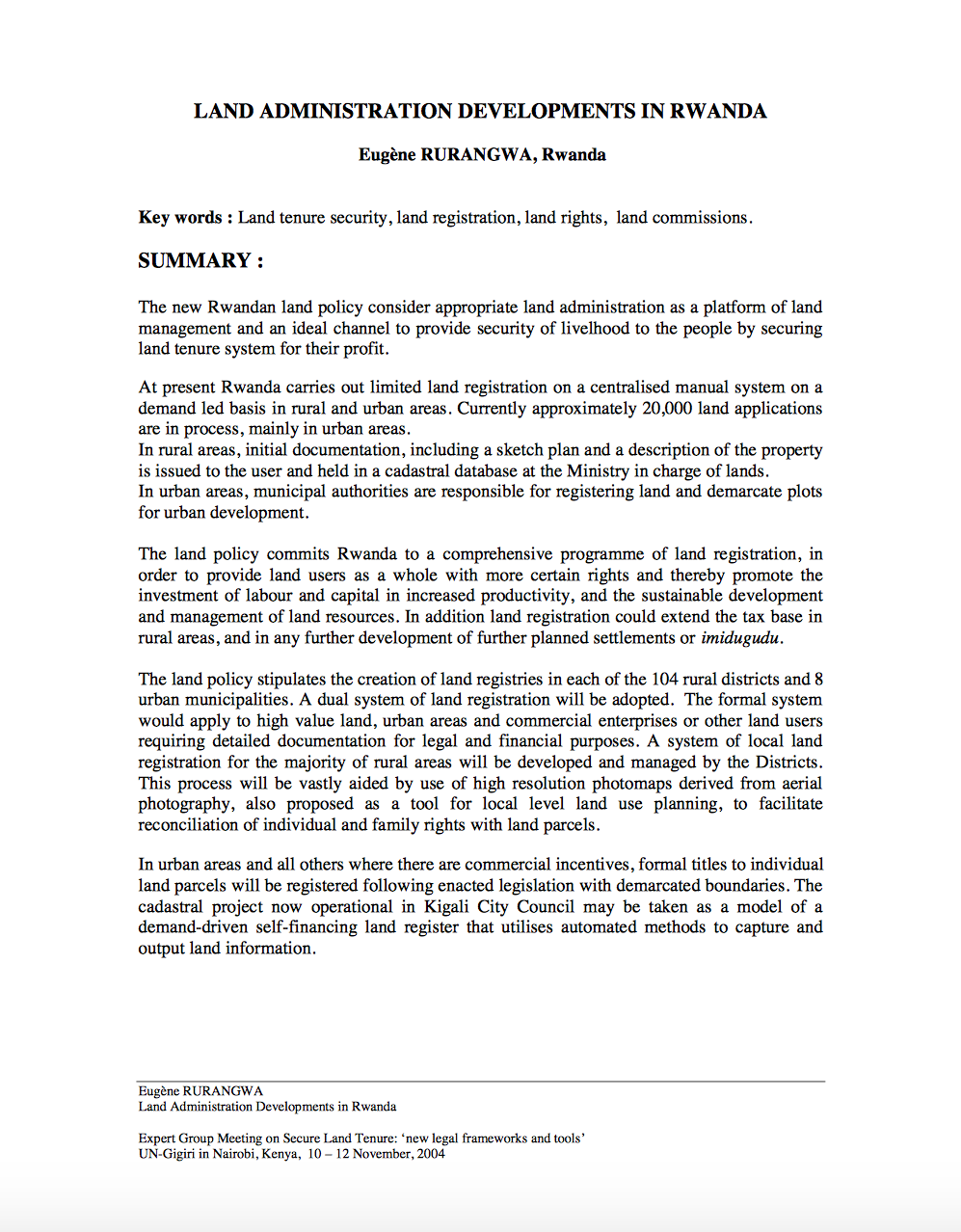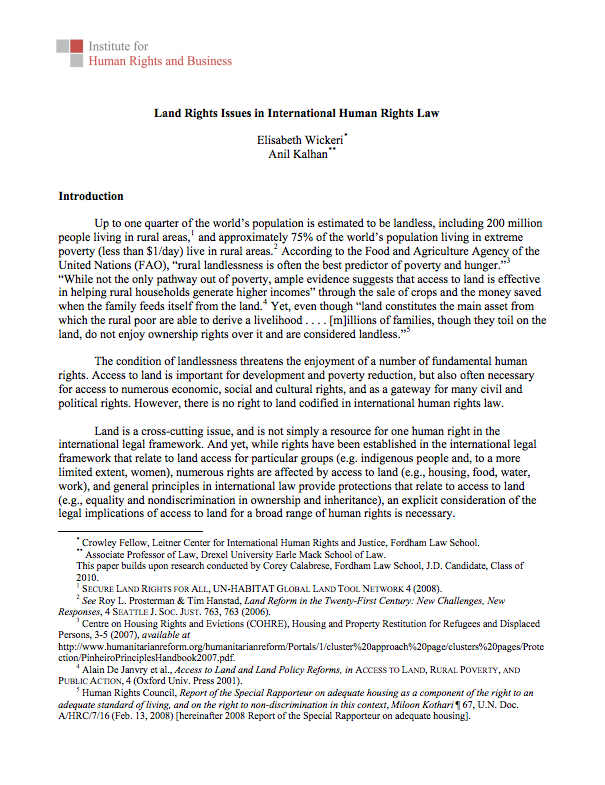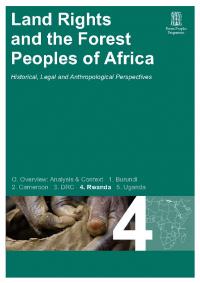Chronicle of a land redeemed: The struggle for agrarian reform in Barobo, Valencia
This video documents the struggle of sugarcane farmers of Valencia, Bukidnon, Philippines in claiming their rights to the land they have long been cultivating. It tells how farmers were harassed by the former landowner who, despite notice of redistribution under the Comprehensive Agrarian Reform Program (CARP), wanted to hold on to the land and continued to force evict them.

